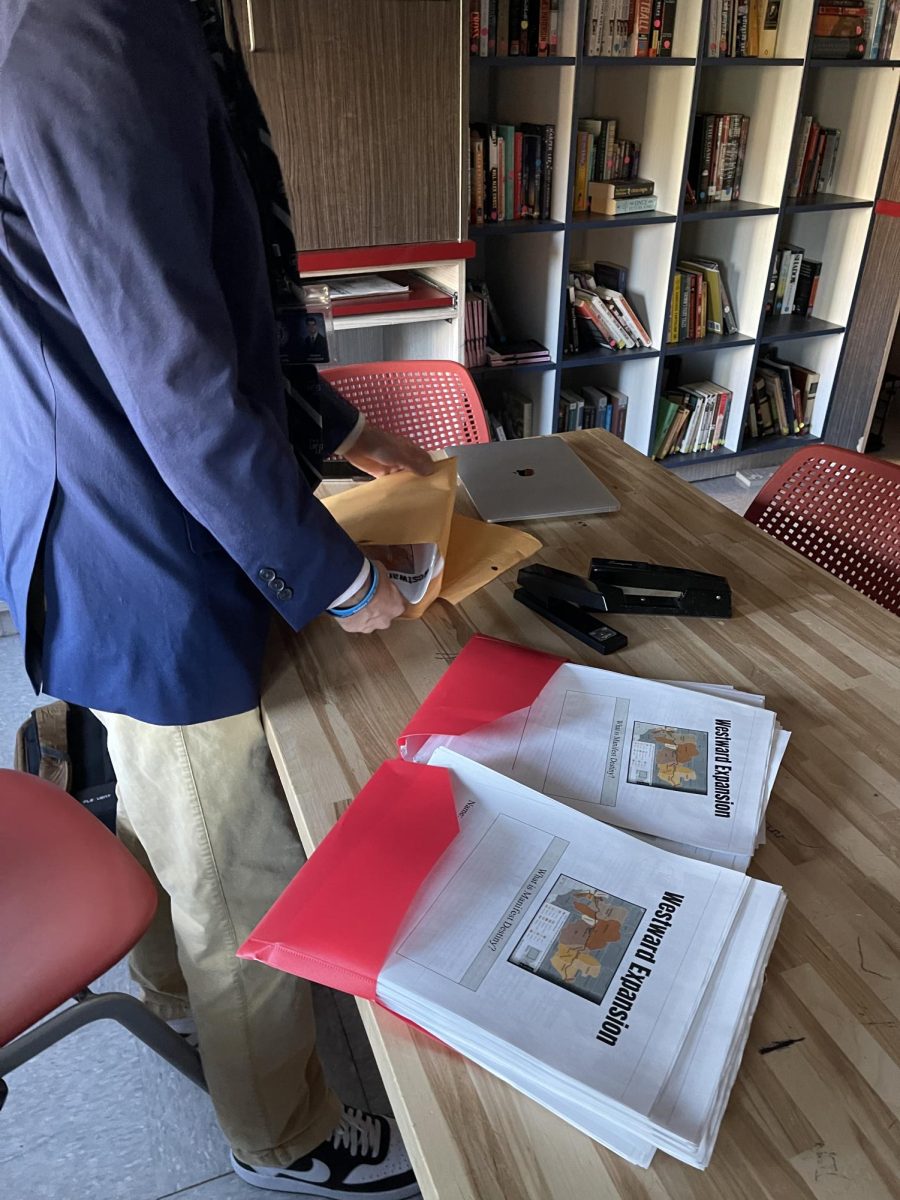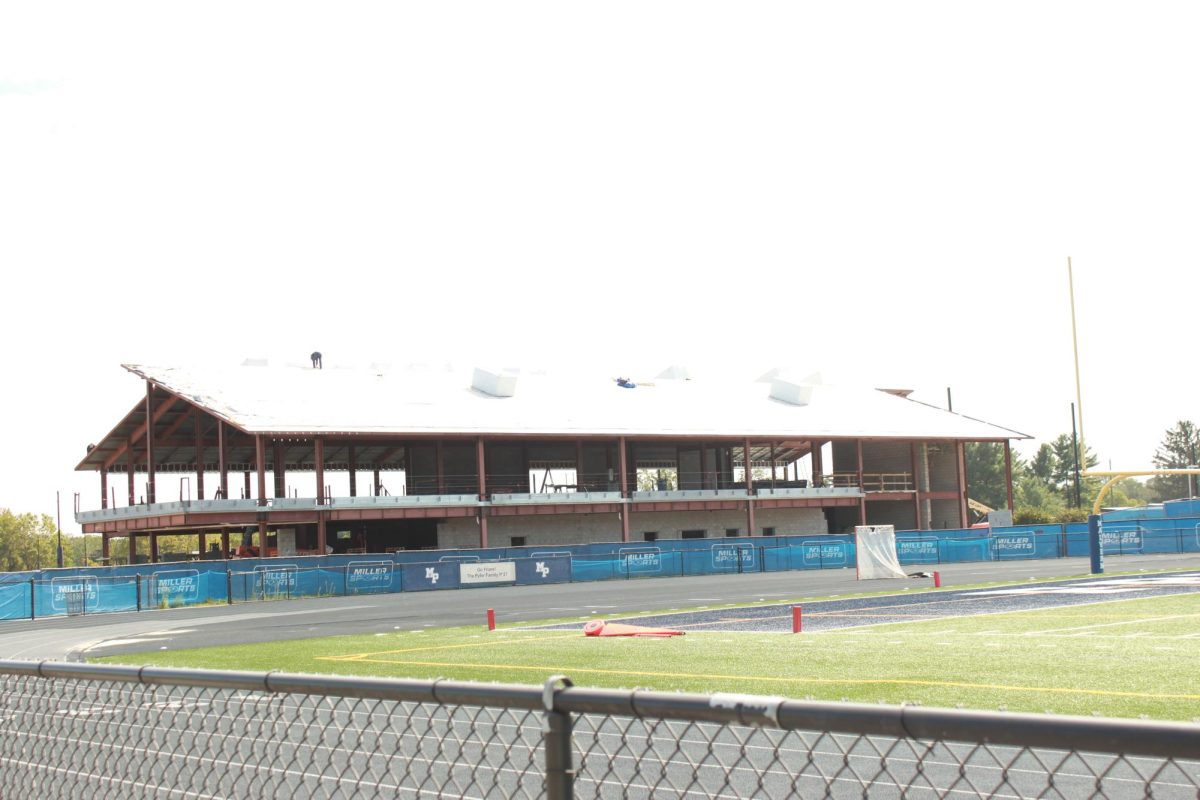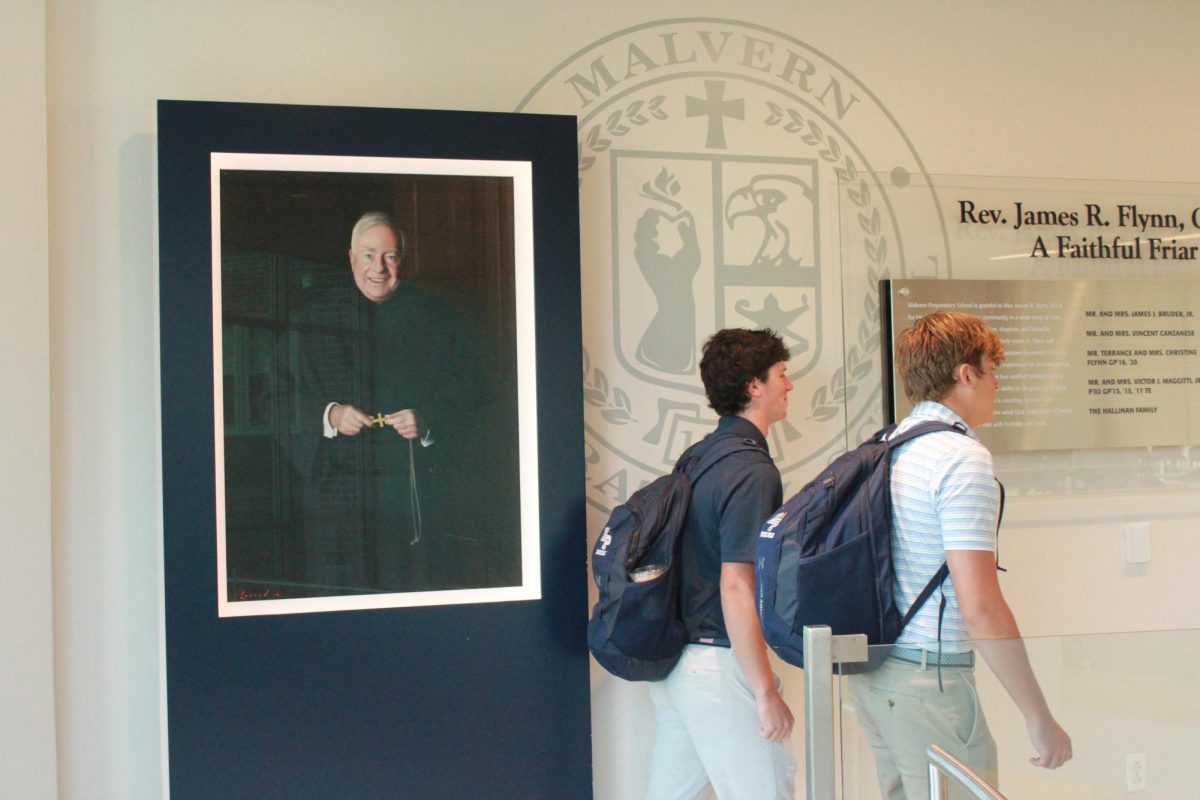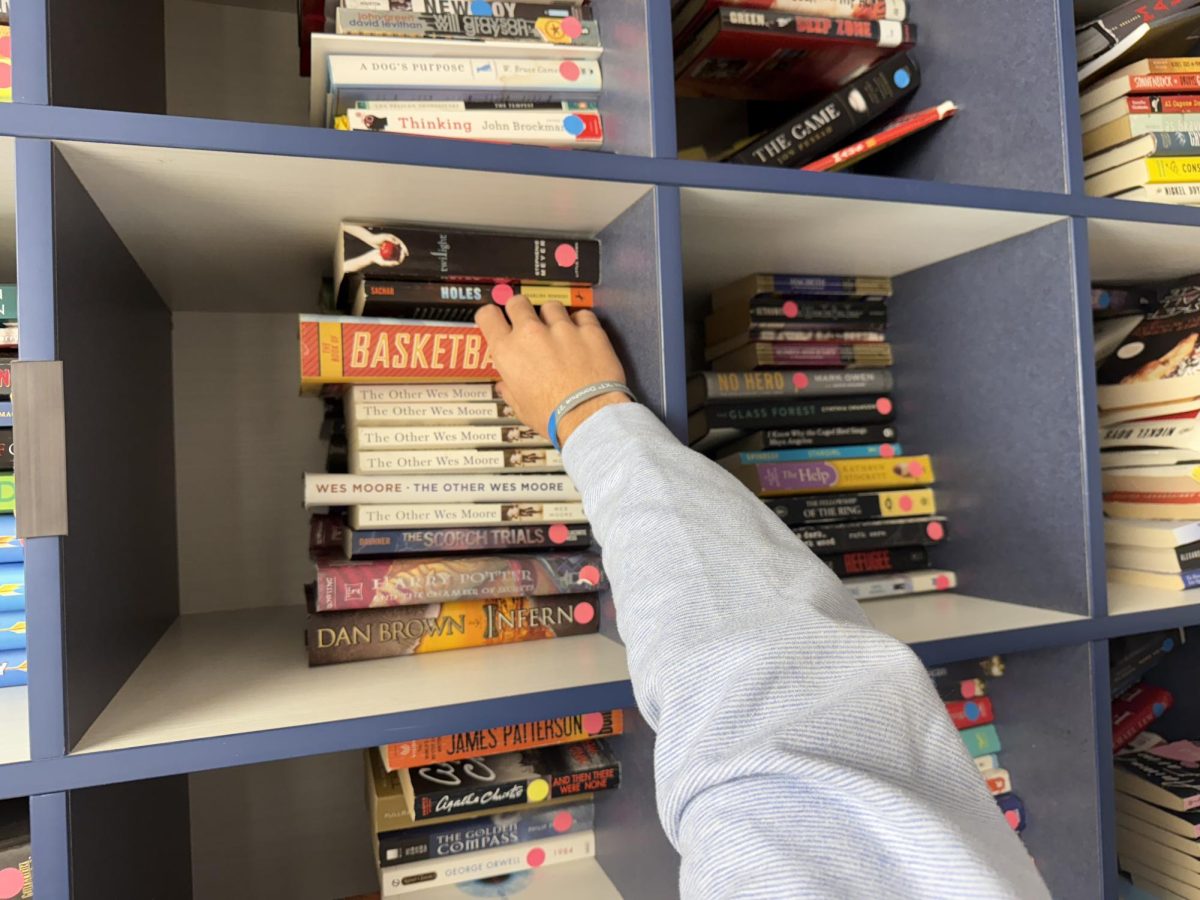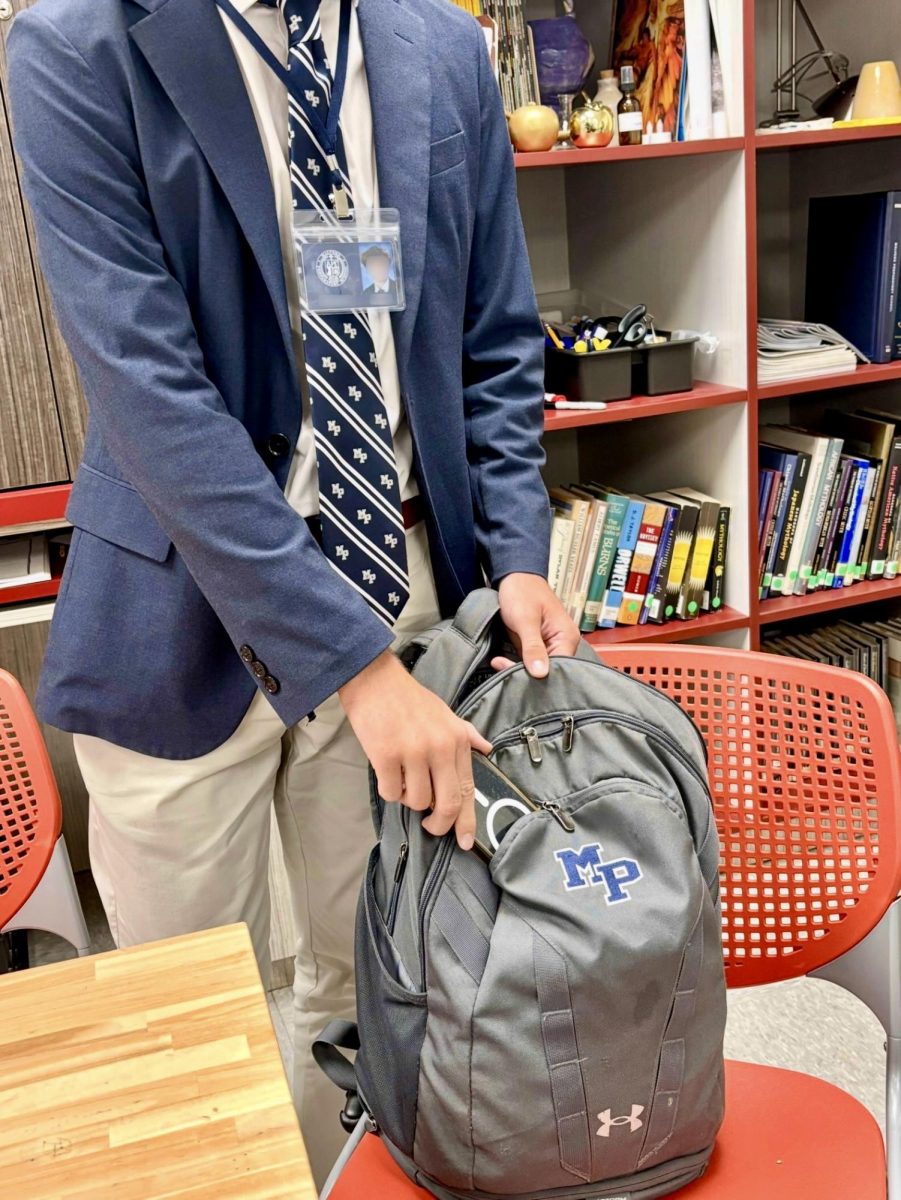On March 18, Malvern held a relatively successful first attempt of ST@MP, according to event organizers.
Science teacher Mr. Stephen Borish walked down the hallways of Carney to check on how Malvern’s first Diversity Conference was progressing, and looked through the windows to see students laughing and smiling in their student-led breakout groups.
This was his favorite moment of the March 18 conference.
Borish, who helped to organize the event, was pleased with the day.
“I thought it was awesome. I thought overall those conversations need to happen,” he said. “From my perspective, teachers don’t feel comfortable having those conversations in the classroom. I feel comfortable having them in the classroom. That’s where it needs to happen. I don’t think there are enough teachers who feel confident having those conversations. So I thought it went really well.”
The keynote speech of the conference by writer, public speaker, and teacher Mr. Darnell L. Moore was a highlight for both Borish and senior Kaloso Tsoaeli.
Tsoaeli loved Moore as a speaker, especially his informal style.
“He spoke about a lot of things that I recognized, that I identify with. Everyone liked him,” Tsoaeli said. “He was the best speaker we could’ve brought in. He wasn’t formal at all. It was like we were on the same level with him. We knew what he was talking about.”
[perfectpullquote align=”right” bordertop=”false” cite=”” link=”” color=”” class=”” size=””]The ST@MP Conference organizers hope for increased student attendance next year.[/perfectpullquote]
Both Borish and Tsoaeli agree that there are improvements to be made to the conference for next year. A possible improvement is limiting the number of discussion choices for next year.
“There were too many options so nobody knew where to go. It ended up with a lot of people in one group and maybe no one in another group and another group had ten or 15 kids, so it was really unbalanced,” Borish said. “Limiting the number of choices and then increasing the number of sessions would make for a better experience.”
Another thing that the Diversity Awareness Club wants for next year’s ST@MP is more student attendance.
“It was a good conference but it could’ve used more numbers,” Tsoaeli said.
Junior Blake Cunningham attended the conference and enjoyed the experience.
“It was cool. I’d never been to a diversity conference before, so I didn’t really know what to expect,” he said.
The number and variety of subjects at ST@MP surprised Cunningham.
“There were a lot of different subjects that I wouldn’t of even thought of when I thought about diversity. Like how to be a man, that’s one of the ones I went to,” he said. “That’s not something I would think of when I was thinking about diversity, so it was kind of cool to see the full scope of diversity.”
While he liked the many different subjects, he also thinks that they detracted from the conference in some ways.
“They had too many subjects. I liked having the variety, but they didn’t have enough people to support the amount of subjects that they had. There were a lot of subjects like my first one where there were only two people in the room,” Cunningham said.
Tsoaeli is glad that this new event is continuing next year because he thinks it offers Malvern an opportunity to engage in some positive growth.
“Malvern did something special by having this conference… To actually bring people from different schools to something like this the first time, it was super good and I was really impressed. If Malvern keeps doing it, it will grow into something super good. It’s going to grow from here,” he said.
Near the end of the conference, an open mic session was held. For some students, this was an opportunity to share a poem. Others like Tsoaeli used the venue to say thank you.
“For me it was a chance to say thank you to everyone because I am from South Africa. I could say thank you for helping me out. To my teachers I could thank them. It was like everyone was recognizing me. That was the moment for me,” he said.
Tsoaeli’s favorite moment of the conference was the simple thank you at the end of it, but he also loved the rest of the experience.
“There was great energy. It was super good. Everyone was happy. The whole thing ran smoothly. There was no problem. So I think it was a successful conference. For the first ever, it was a good one,” he said.
Cunningham thinks that there will be an increase in attendance at an extra year’s conference.
“We’re probably going to have a lot more people come next year because people have been to it,” he said. “They know what to expect, and they know that it’s not a horrible time.”


